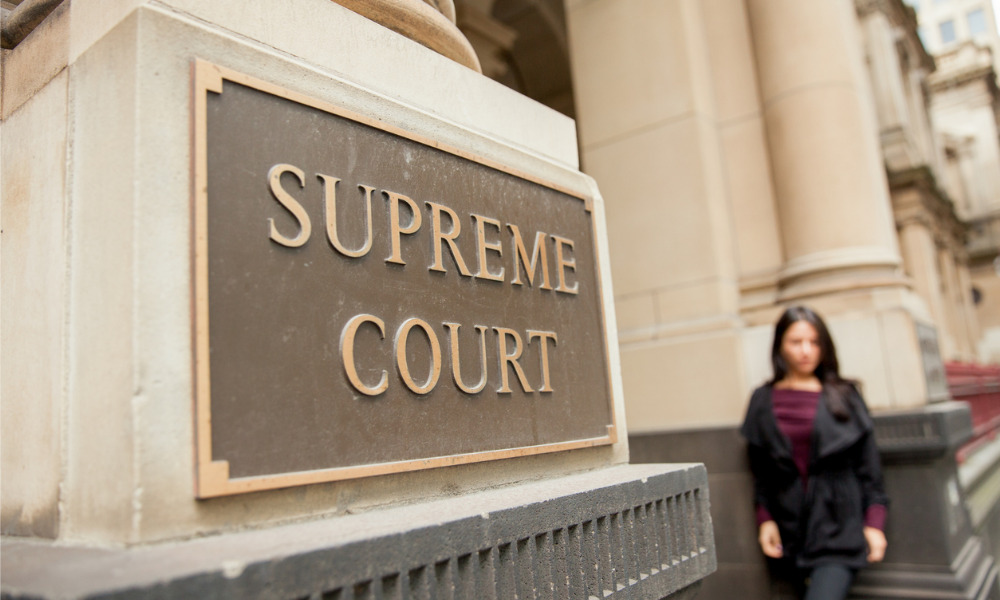
Cases claimed damages against the Victorian government due to alleged negligence

The Supreme Court of Victoria has recently ruled on two COVID-19 related class actions which sought damages from the state for loss suffered during its lockdown restrictions.
The plaintiffs in each case sought damages for loss suffered during the state-imposed lockdown restrictions in 2020, including workplace closures. They alleged that said restrictions were the “inevitable result of negligence” in the state’s hotel quarantine program.
One of the plaintiffs, 5 Boroughs NY Pty Ltd (5 Boroughs), claimed to represent all “Victorian retail businesses dependent on in-store transactions” that suffered economic loss from the lockdown restrictions.
5 Boroughs claimed the state owed retailers “a duty to take reasonable care in the implementation of effective infection prevention and control measures in hotel quarantine.”
Meanwhile, the other plaintiff Jordan Roberts claimed to represent “all the owners, operators, controllers, and employees of Victorian businesses” who suffered economic loss through lost income or wages. Roberts also claimed to represent those who suffered any psychiatric or psychological injury because of the alleged impact on affected businesses.
Roberts’ claim also sought to “impose a novel duty on the state” to take reasonable care in the procurement and supervision of “guarding services at the hotel quarantine sites.” He said that this alleged duty was breached by employing private security companies instead of the Australian Defence Force or the police.
In its defence, the state denied that the law recognised any duty of care owed by it to said plaintiffs or the groups they represented.
Through Justice John Dixon, the court ruled that 5 Boroughs’ case should be resolved on evidence at a trial, but the court “struck out the claim in its entirety” due to unclear and imprecise allegations, with leave to replead.
Meanwhile, as to Roberts’ claim, the court said that “the losses claimed were too far removed” from the state’s allegedly negligent conduct and that “no such duty was known to the law.” Additionally, the court also said that the decision to appoint private security personnel was “a policy matter.” Roberts’ case was summarily dismissed.
The judgment for both cases was handed down on 2 December 2021.